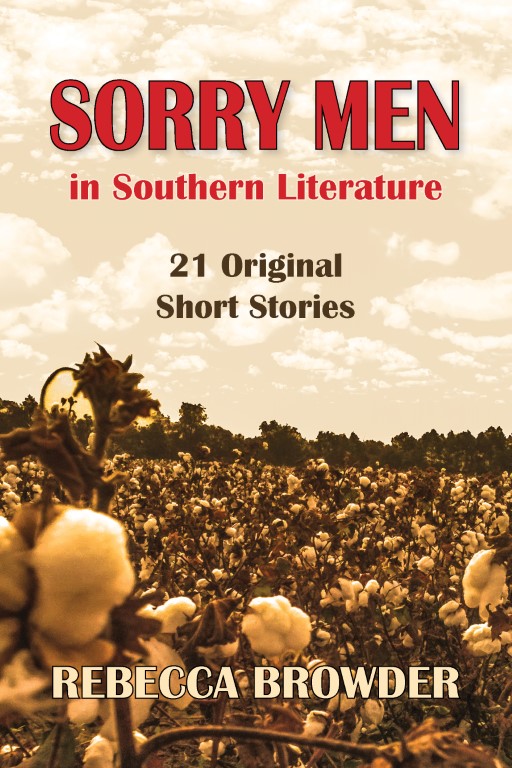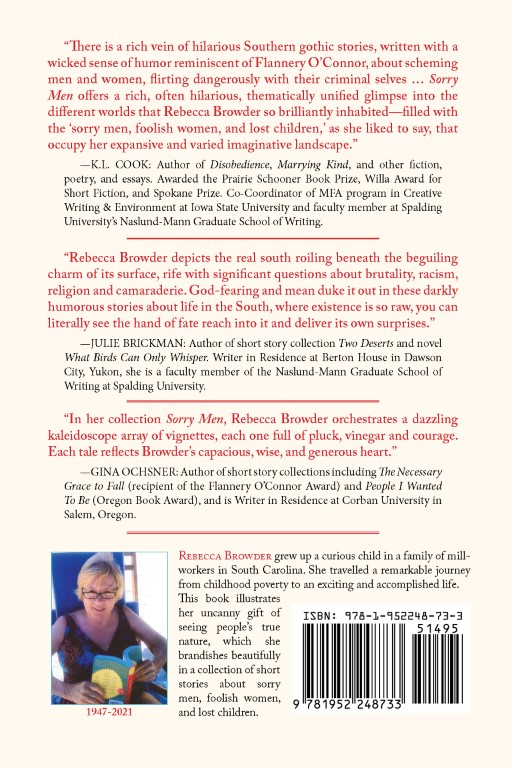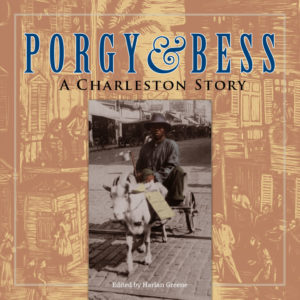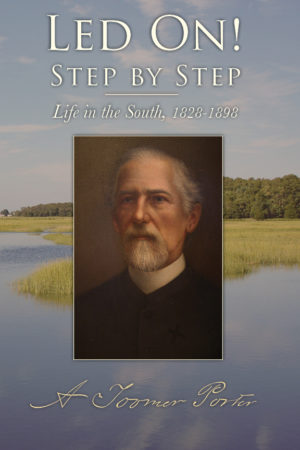
Sorry Men in Southern Literature: 21 Original Short Stories
$19.95
By: Rebecca Browder
ISBN: 9781952248733
6×9, 224 pages, softcover
From the Introduction:
Southern writers have been introducing readers to sorry southern men and enthralling audiences with tales of those villains for generations. … Now, as we move forward in the 21st century, Southern authors are plowing new fields of Southern culture and history and many are taking different approaches to regional story-telling. Unfortunately, as they pursue their new and different interests, many of today’s southern literati-including scholars, novelists, memoirists, essayists, poets, and critics-seem to have soured on Twentieth Century classics. … For generations, the southern literary establishment treasured Faulkner et al and embraced the South and regional culture as a unique, almost mythical essence, with dark undertones and stark villains; now, those sentiments are expressed mainly in outlying forums and rear-guard debates.
We are observing the perhaps inevitable evolution of southern writers into bifurcated camps that I’ll oversimplify as progressives versus traditionalists. The former individuals are inclined toward a more liberal society, especially when it comes to race, gender, class, and religion, and they exhibit worldly perspectives rather than rural or regional identity. On the other hand, traditionalists generally reject the progressive vision. But many of them seem afraid to deal with certain aspects of classic authors and literature characterized as offensive, because “going there” might risk professional condemnation and jeopardize their writing careers. …
I would like for this collection to be more than entertaining. First, I want to tell cogent stories about sorry men, and honest and empathetic stories about the women and children who share the sorry man’s life. The second reason is very simple-I want to demonstrate that these individuals are legitimate and acceptable characters in contemporary literature.
These 21 original short stories by Rebecca Browder attempt, without disrespect to the progressive Southern literary establishment, to keep alive the flavor of traditional Southern voices of authors like Flannery O’Connor and William Faulkner. “About half,” she writes, “are dark tales depicting real elements of Gothic sorriness, i.e., ignorance, crudeness, ugliness, and violence, that sometimes taint familial relationships; others are light-hearted accounts of oddball individuals who disrupt the lives of their loved ones.”

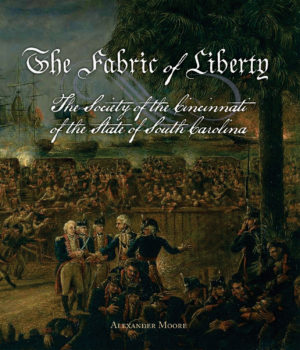 The Fabric of Liberty: The Society of the Cincinnati of the State of South Carolina
The Fabric of Liberty: The Society of the Cincinnati of the State of South Carolina
